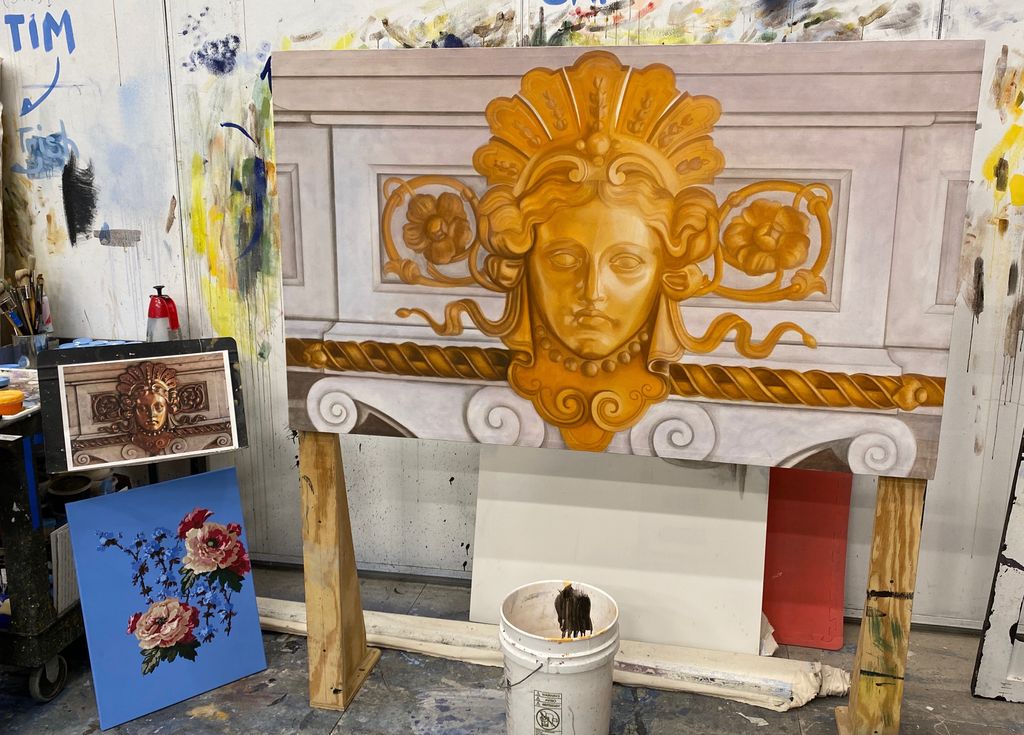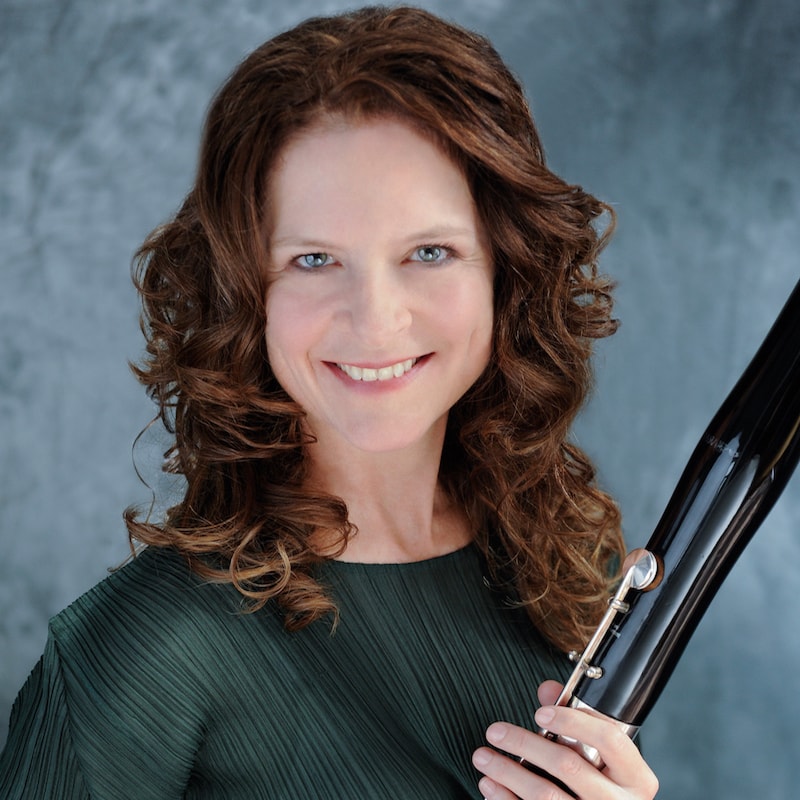Faculty Feature: Diane Fargo

Faculty Feature: Diane Fargo
For Diane Fargo, it’s been rewarding to see the positive results of a certificate program she launched at BU College of Fine Arts. In 2008, Fargo, a senior lecturer at BU School of Theatre, established the Scene Painting Certificate program… and the future is bright for its graduates.
In this CFA Faculty Feature, Fargo talks about job outcomes and how 80% of the program’s graduates go on to become members of the union, working in film, TV, and reputable theatres across the country.
Fargo herself has worked for many recognized designers on productions for theatres such as Chicago Shakespeare, and Ford’s Theater, among others. She continues to develop her career in interior design and renovation projects for numerous commercial and residential clients in New York City and has provided interior decorative painting for companies like Tiffany and Co., IBM, Mohegan Sun casinos, and more.
“About 95- 98% of the people who come through our program get a job. Since we began the program in 2008, 80% of our graduates are members of the union and are working in film, TV, or in very reputable theaters.
Q&A
INTERVIEW WITH DIANE FARGO
CFA: What does a student get from completing BU’s Scene Painting Certificate program?
Fargo: We noticed that the industry doesn’t always require an advanced degree. But they want people who’ve been immersed in an environment [where they will gain] an artistic and intellectual perspective in all areas of design. Our certificate program is very different from other programs. We are trying to create a higher level of skills in our certificate students. Being in a university environment gives our students a leg up on the average skilled theatre professional. Our students can speak about design and how the visual aspect relates to the telling of the story. They develop a much more sophisticated perspective.
CFA: How do students achieve that sophisticated perspective?
Fargo: We have the 50-50 model where students develop 50% of their skills by working on a production (solving problems, collaborating, and budgets) and 50% on classroom projects. They’re involved in the design process all the way through — by attending meetings and interacting with the design students. They take classes like The History of Period Styles and others in drawing, scene design, and light and color. The students acquire visual skills and the ability to assess and break down processes in a sophisticated way that the average person coming up through the industry can’t.
CFA: What do you look for in Certificate applicants?
Fargo: I am looking for talented students who are seeking the needed skills to get a job. They may have graduated from colleges/universities that did not have extensive theater programs or, they are people who work in the profession and feel they don’t have the skills to advance. Having both of those types of students in the program is a great combination. They’re bringing different things; they can teach each other. Sometimes I encourage [experienced students] to ‘unlearn’ some of the things that they’ve been doing. They realize that they might have been big fish in a small pond and now they have to up their game. They get a more well-rounded experience than if they [remained in the field] learning as they go. They don’t necessarily need to pursue some of the more academic courses that you get from a Master of Fine Arts (MFA) program.
CFA: There’s a bright future for graduates of the Certificate program, correct?
Fargo: Yes! I would say 95- 98% of the people who come through our program get a job. Since we began the program in 2008, 80% of our graduates are members of the union and are working in film, TV, or in very reputable theaters like The Public Theater and Metropolitan Opera shops in New York, or in regional theater at high-level management positions.
This Series
Also in
Faculty Features
-
March 29, 2023
Faculty Feature: Rébecca Bourgault
-
November 8, 2022
Faculty Feature: Kelly Bylica
-
November 1, 2022
Faculty Feature: Felice Amato

Learn more about BU’s Scene Painting Certificate
Get a sense of the training scene painting certificate students receive and the types of opportunities available including production assignments in a variety of venues. Explore some of our students’ work and read about graduates from the program!

